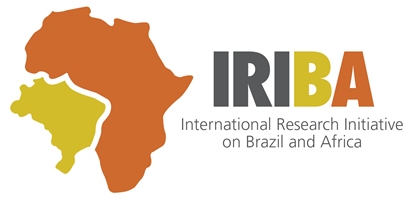Brazil and corruption: don’t hate the player, hate the game?
Much of IRIBA’s research has been cautiously optimistic, analysing changes that saw Brazil embark on a path of pro-poor growth and consolidate its newly redemocratised institutions. Now, the distinctive development ‘model’ that emerged in the early 2000s faces its first major challeng
Brazil in political crisis: what has happened, and what might it mean for development?
IRIBA’s research has argued that in recent decades Brazil has followed a distinctive development trajectory. This has centred on inclusive growth and the use of innovative tax-financed social policy in reducing poverty and inequality and bolstering long term human development. However
Using competition between institutions to tackle corruption in Brazil
As in many countries, dealing with corruption is a huge issue in Brazil. Its impact on broader society was regularly cited by protesters demanding better public services last year. Professor Mariana Prado and Lindsey Carson have taken a detailed look at Brazil’s approach to tackling c
The social contract under stress
Last week I met up with the amazing researchers on the IRIBA project at a workshop in Rio. All 12 research papers were presented and scrutinised in depth, and there was much debate about how and where the key points might be useful for African countries. While there’s some more work t
Brazil: a role model for development?
The following article by IRIBA research directors Professor Armando Barrientos and Dr Ed Amann was recently featured in The Guardian: Brazil isn’t getting the best press at the moment, with ongoing problems with the construction of the World Cup stadiums and protests abou
Brazil’s infrastructure issues
Major problems surrounding the construction of the stadiums has dominated the build-up to the World Cup this year. Although it’s a common refrain around many major sporting events, IRIBA’s joint research director Dr Ed Amann argues that the problems epitomise a broader malaise surroun
© IRIBA 2014 | All rights reserved I Google+
Hosted by The Brooks World Poverty Institute
